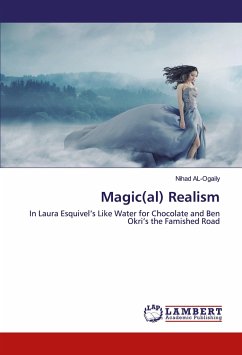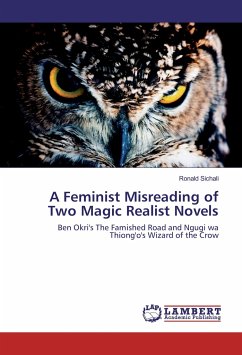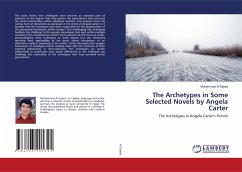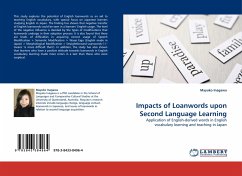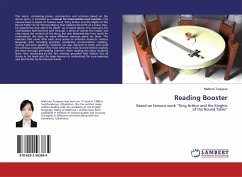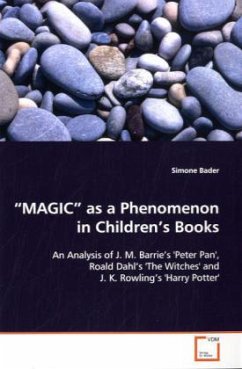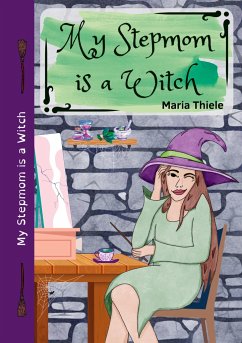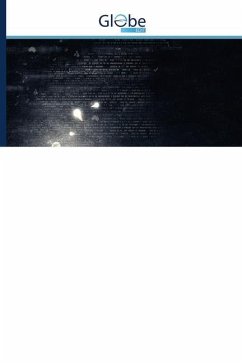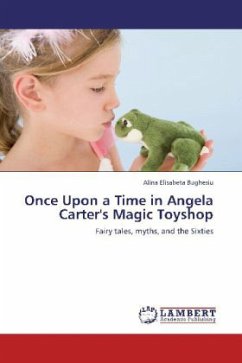
Once Upon a Time in Angela Carter's Magic Toyshop
Fairy tales, myths, and the Sixties
Versandkostenfrei!
Versandfertig in 6-10 Tagen
32,99 €
inkl. MwSt.

PAYBACK Punkte
16 °P sammeln!
The present research tries to draw a parallel between Carter s second novel, "The Magic Toyshop", and the world of fairy tales, their narrative patterns (as defined by Vladimir Propp), common characters, the imaginary worlds they describe, the aesthetical issues they display, and the effects they trigger. By using fairy tales as subversive tools, the novel presents certain peculiarities in its portrayal of the heroine, a teenager, as well as in its development of the narrative, as a succession of functions. Special attention is paid to the use of names in the novel, as symbols and as markers o...
The present research tries to draw a parallel between Carter s second novel, "The Magic Toyshop", and the world of fairy tales, their narrative patterns (as defined by Vladimir Propp), common characters, the imaginary worlds they describe, the aesthetical issues they display, and the effects they trigger. By using fairy tales as subversive tools, the novel presents certain peculiarities in its portrayal of the heroine, a teenager, as well as in its development of the narrative, as a succession of functions. Special attention is paid to the use of names in the novel, as symbols and as markers of power relationships that exist between the characters in The Magic Toyshop. While aiming to establish the coordinates of the magical realist manoeuvres employed and, thereby, to draw attention to the grotesque dimension of the novel (along the line of M. Bakhtin s carnivalesque-grotesque), I also deal with the issue of perspective from the viewpoint of phenomenology (Edmund Husserl, Maurice Merleau-Ponty), and of Michel Foucault s critique of the analytical discourse on knowledge, in order to highlight Carter s demythologising creed.



